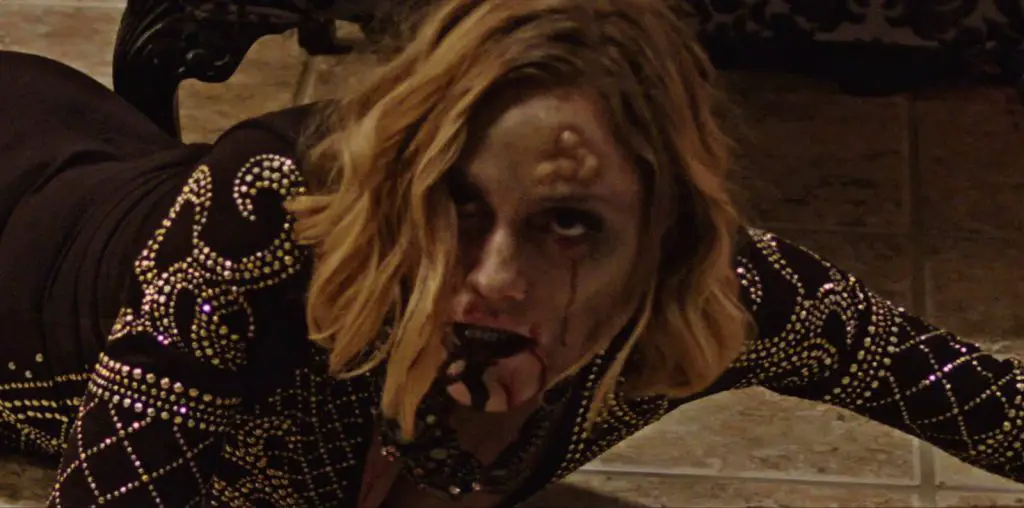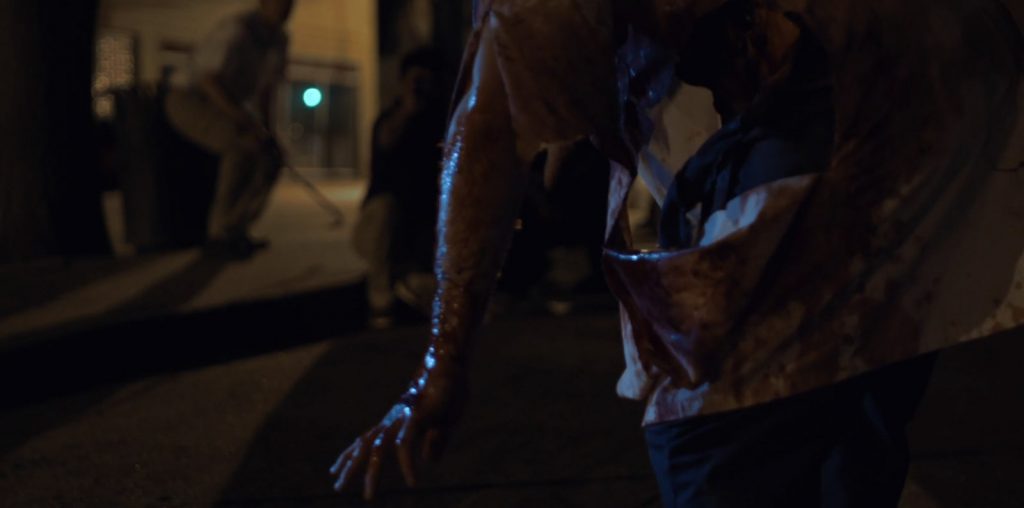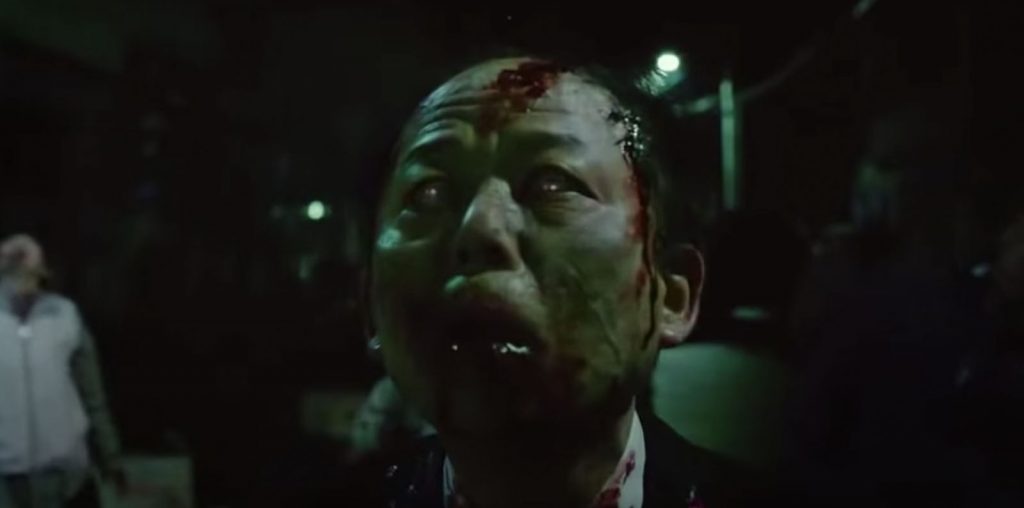
The Allisters, despite knowing all the trouble out there, do not booby trap the perimeter of their house. Why? Because they are dumb. Now, one might be thinking why they don’t immediately kill the intruders and just be done with it. Well, they bargain with their lives, trading life for food and medicine. This makes sense. However, what doesn’t, though, is Joe’s continual allowance of Dez to live (Lincoln leads Ethan to the campsite for said supplies) as she kills a hostage. Right then, all agreements should be off, plus there is no way Lincoln would know what’s befallen his comrade for what sometime after the fact.
Of course, the answer to why Joe lets her live is sheer stupidity. It feels like the screenplay is more interested in the immediate scene at hand than trying to make sense of an overall larger narrative. However, F.E.A.R. still works on a moment-by-moment basis and in terms of establishing a true sense of isolation and despair throughout the narrative. Tobias and Reisner have quite the eye, as they and director of photography Jimmy Matlosz use the wilderness setting to effectively create atmosphere and tension. The film is exquisite looking, as even the indoor scenes are well lit and exude a certain eeriness.
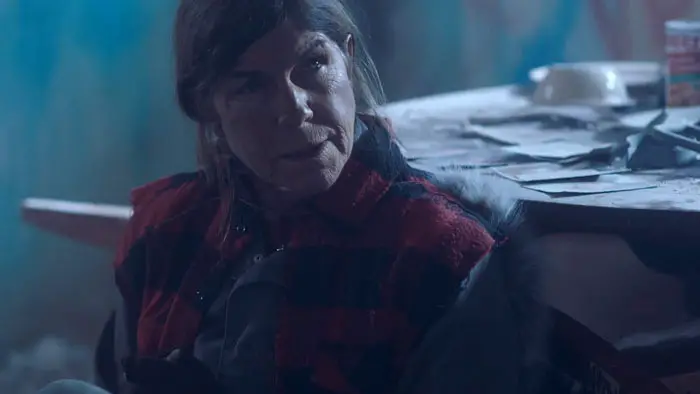
“…use the wilderness setting to effectively create atmosphere and tension.”
Plus, the cast is pretty good. As the hard-fighting father, Tobias is good, and he sells his love for his family believably. Flashbacks give Kelly, as the sick Mia, more to do than just lie in a bed, and she’s fun. But really, the horror flick is Marci Miller and Susan Moore Harmon’s, and they are great. For as many poor decisions they both make on their journey of survival, the actors light up the screen and handle the action beats with aplomb.
F.E.A.R. is populated, almost exclusively, by morons being dumb, which might really turn off potential audience members early on. However, if one can stick with it, the cinematography, gripping tension, and action more than make up for the deficiencies in the script. Add in the swell cast, and one is left with a production where the parts are greater than the sum but is still worth checking out.
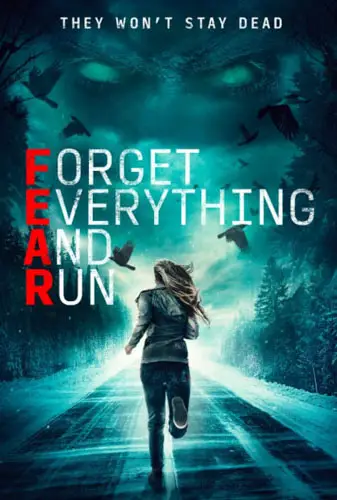
"…the parts are greater than the sum..."
